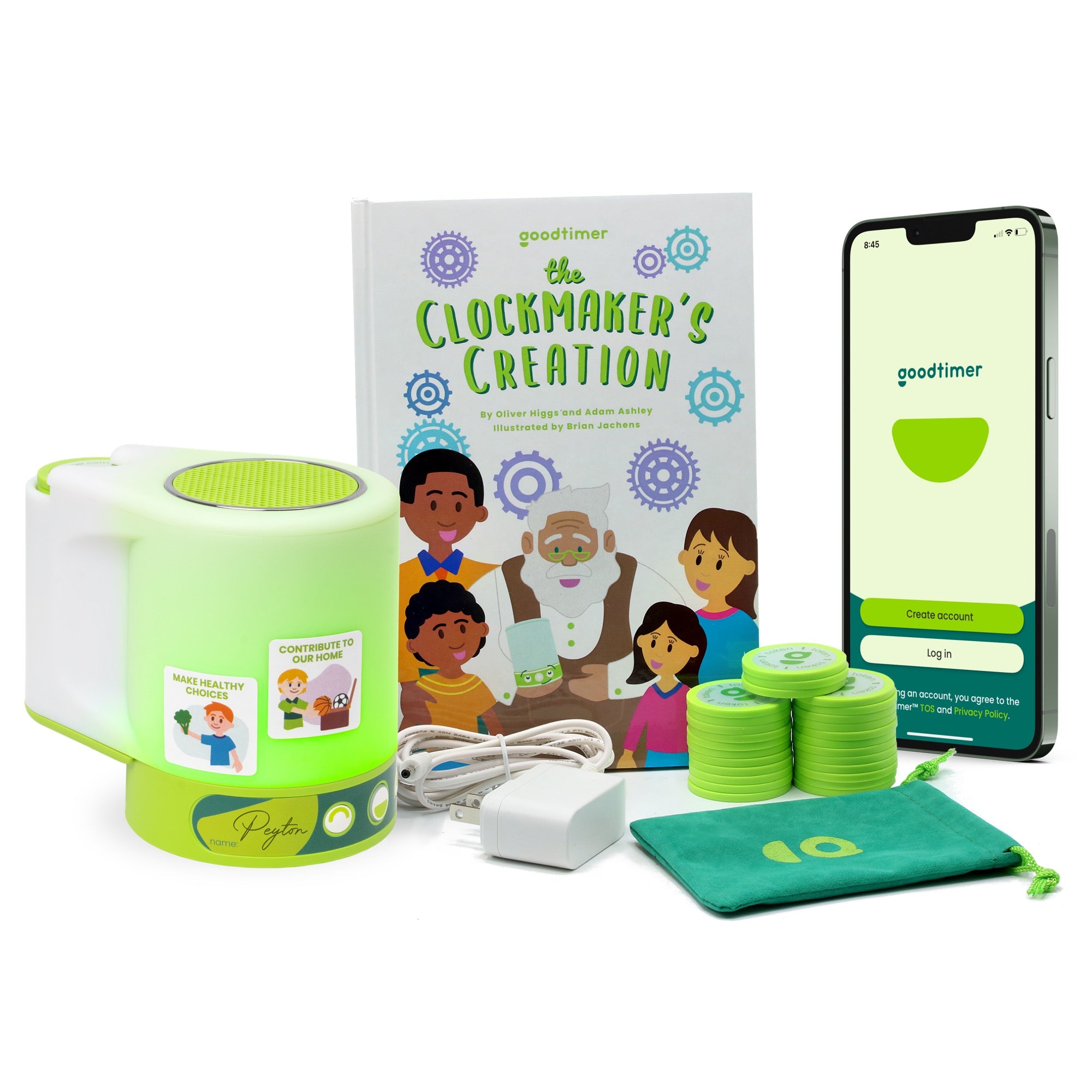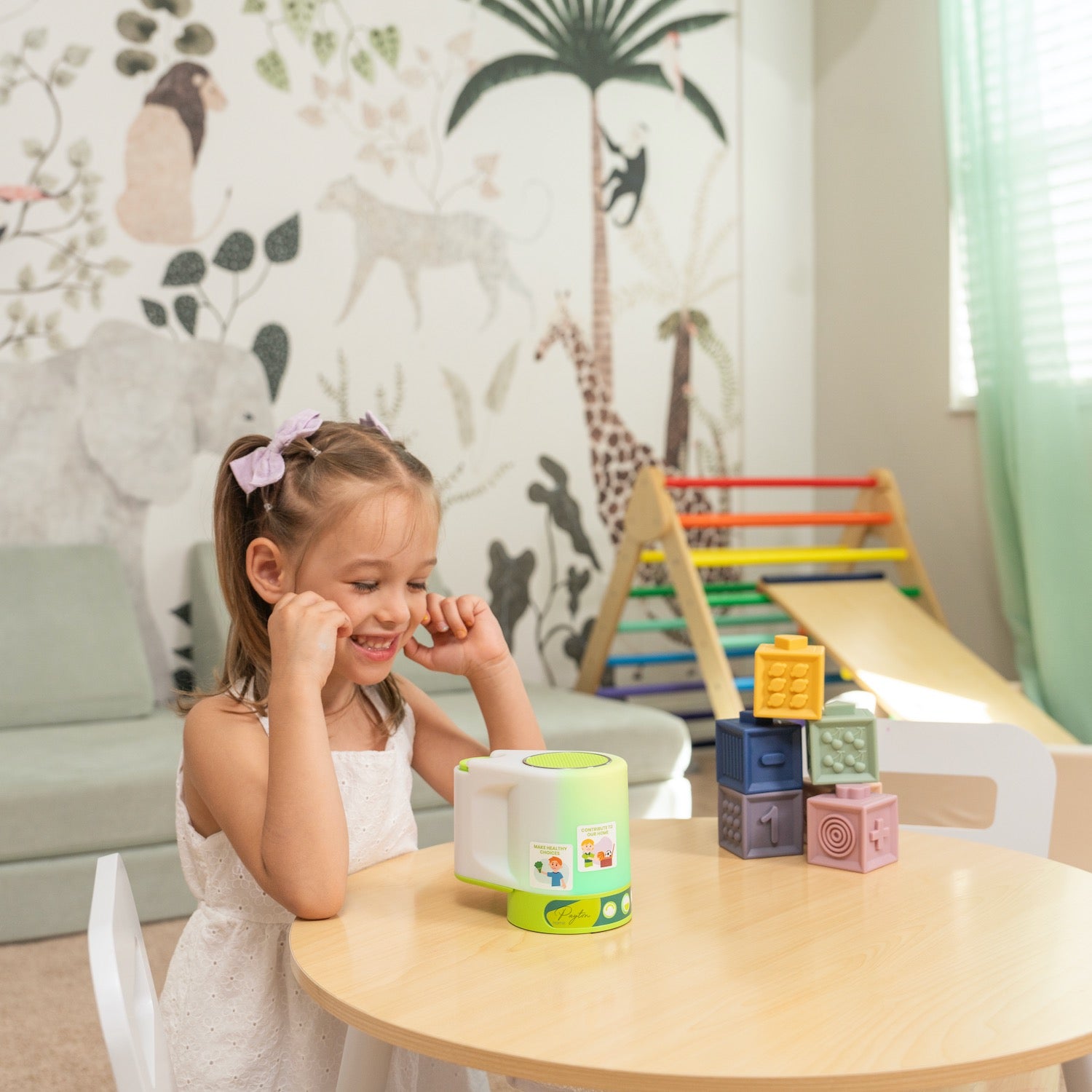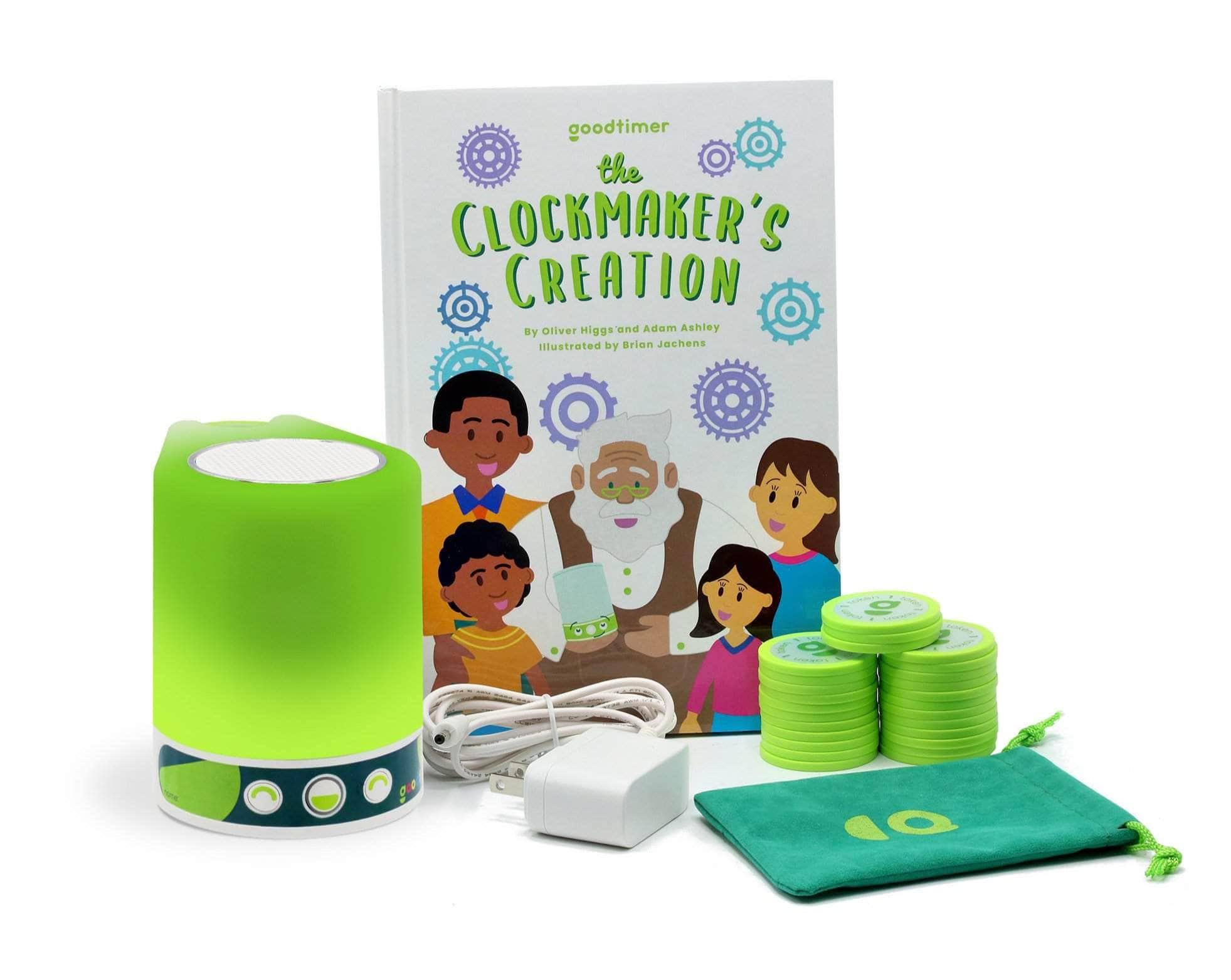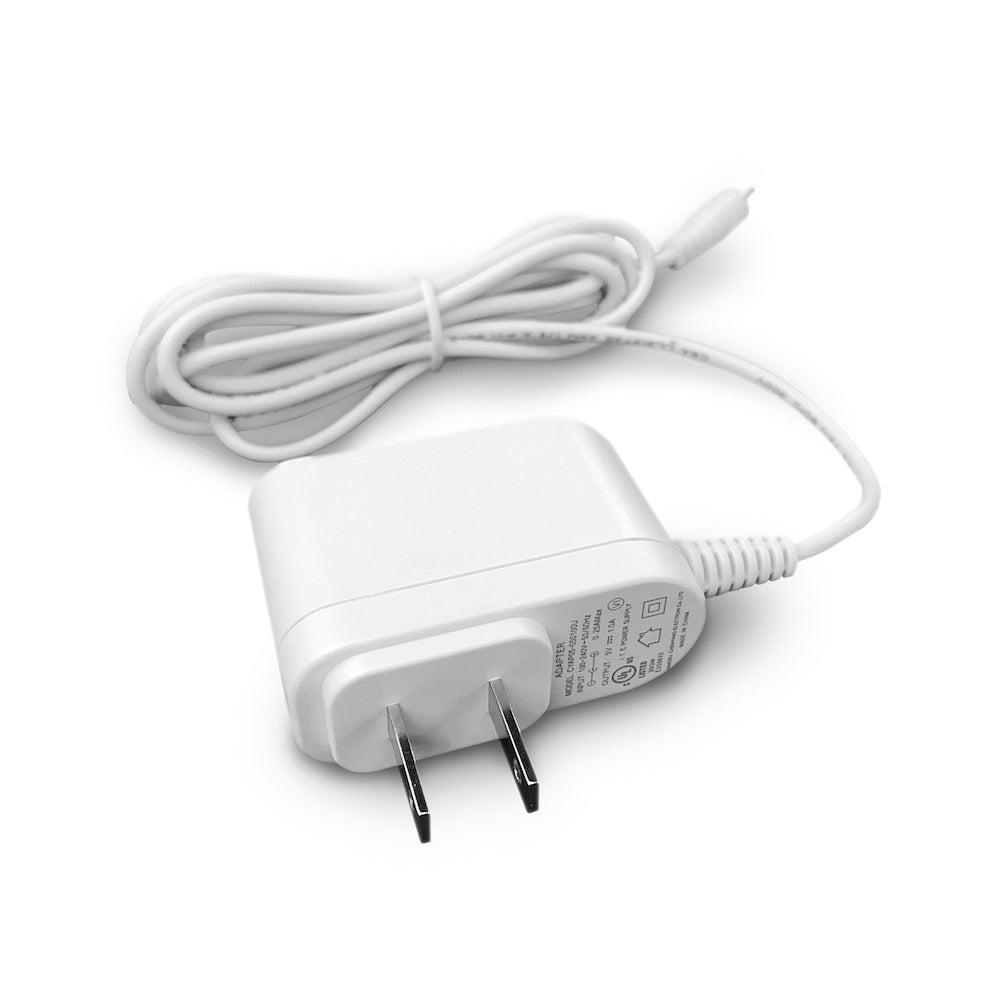Responding with Empathy to Attention-Seeking Behaviors
Every kid loves to have their parent’s attention. Because of this, kids will sometimes go out of their way to attain the center of their parent's attention by exhibiting attention-seeking behaviors (ASBs). ASBs are thought to be problematic because they often imply that the child is relying on the parent's attention to regulate their emotions instead of utilizing or garnering their own skills. Below are some examples of behavior that could be attention-seeking. Spoiler alert: they are all annoying...but your kid is not! They are likely bored, hungry, lonely, or emotionally dysregulated. Read on to learn more about ASBs and how empathizing with your child can help minimize them.
Examples of Attention-Seeking Behaviors (these are not absolute! - in other words, do note that kids can exhibit these behaviors outside of an attention-seeking context/motivation):
- Interrupting
- Whining
- Lying, especially for the sake of an emotional reaction
- Requesting help for a task they can do independently
- Clowning around at objectively inappropriate moments
- Recklessly damaging items
- Acting dangerously
- Pining for recognition
- Throwing tantrums
Seven Intervention Suggestions for Attention-Seeking Behavior:
If your child is exhibiting any of the above traits, don’t feel overly concerned—they’re all developmentally appropriate within certain contexts. As off-putting as these behaviors may be, our Goodtimer team encourages you (as always) to try to find empathy for their still-developing brains and bodies. That said, empathy does not mean you will tolerate their ASBs...you can hold empathy for them while also trying out one or more of these tips:
- Ignore. If your child is whining or screaming for your attention, let them know calmly that their current behavior will not help them get what they want, and that you’ll respond when they can "say it in a different, calmer way." You may offer to help them calm down by doing a deep breathing exercise together, however it is important not to respond to whatever the subject of the whining/screaming is until they've communicated more calmly.
- Urgent or not? Has your kid ever said "I need you! It's an emergency!" causing you to run into whatever room they are in only to find that their purple marker cap rolled under the couch? Depending on your child’s developmental level, they likely have a different idea of what classifies an "emergency" that requires help from an adult. Go over examples of emergencies with your child to help them understand when it is appropriate for them to demand your immediate attention vs. when they can ask for help calmly and/or try to figure something out on their own. Be sure to positively reinforce any changes you notice on this front!
- Engage if it's been awhile since you're connected. When your child calls for your attention, ask yourself whether you’ve given them a healthy dose of your time and attention lately? Zero judgment, by the way - life is hard, and there are many ways to love our kids that do not involve building a lego tower with them (e.g., making their doctors appointments, working to provide for them, etc.). That said, even just ten minutes of devoted play on an activity they choose (without checking your phone!) can go a very long way in reducing ASBs.
- Create house rules. Let your child know what your expectations are and what behaviors will cause you to request that they flip their Goodtimers.
- Be consistent. It might be hard to not give in to their ASB demands at times—especially when you're feeling tired and it would just be easier to, say, fold the clothes they just threw from their drawer and quietly put them back where they came from. We are all only human, and, as much as your are able, try to remain steadfast in the boundaries you’ve set. Your child notices when you yield, and they’ll be more likely to use that to their advantage in the future. (Also - the secret is out: kids love boundaries no matter how much they say they don't!!)
- Coach them to their goals. Firstly, be sure to co-set clear and exciting goals and incentives for your children using your Goodtimer! This then becomes a powerful and tangible tool in moments when you notice ASBs; because you do not want to encourage an ASB by giving it too much attention, consider using a code word to remind them of their incentive whenever you detect an ASB. This way, instead of responding by yelling or providing negative attention (which kids also seek - they'll take what they can get), you can simply say "roller coaster" to remind them of the "amusement park" behavioral incentive they are working toward, ideally motivating them to get their behavior in check.
- ASBs happen - stay calm. Whenever your child exhibits an ASB, do your best to stay calm. You might even have an exit plan in place to allow yourself to calm down before addressing their tantrum. Take some deep breaths, remind yourself you are doing your best, and then return to the scene to apply an effective strategy. You've got this!










Leave a comment